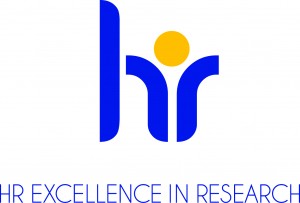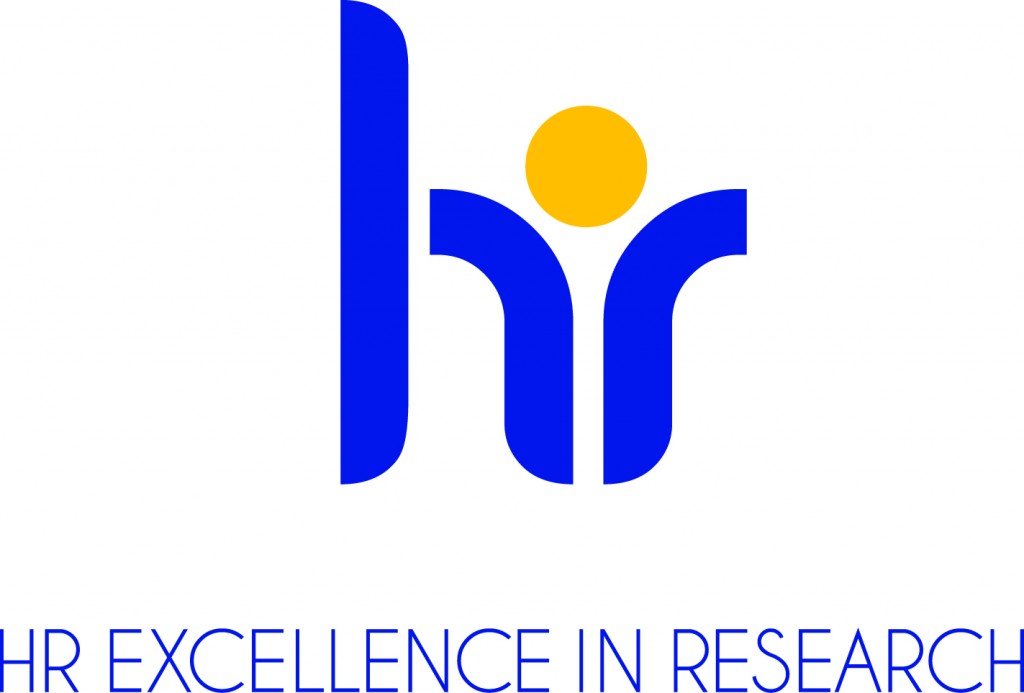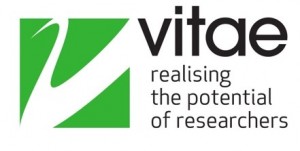 In summer 2015 we launched the new BU Bridging Fund Scheme which aims to provide additional stability to fixed-term researchers who continue to rely heavily on short-term contracts usually linked to external funding. This situation sometimes impacts negatively on continuity of employment and job security and can result in a costly loss of researcher talent for the institution.
In summer 2015 we launched the new BU Bridging Fund Scheme which aims to provide additional stability to fixed-term researchers who continue to rely heavily on short-term contracts usually linked to external funding. This situation sometimes impacts negatively on continuity of employment and job security and can result in a costly loss of researcher talent for the institution.
The new Bridging Fund Scheme aims to mitigate these circumstances by redeploying the researcher where possible, or where feasible, by providing ‘bridging funding’ for the continuation of employment for a short-term (maximum three months) between research grants. It is intended to permit the temporary employment, in certain circumstances, of researchers between fixed-term contracts at BU, for whom no other source of funding is available, in order to:
(a) encourage the retention of experienced and skilled staff, and sustain research teams and expertise;
(b) a void the break in employment and career which might otherwise be faced by such staff;
void the break in employment and career which might otherwise be faced by such staff;
(c) maximise the opportunity for such staff to produce high-quality outputs and/or research impact at the end of funded contracts/grants.
To find out more about the scheme, including how to apply for bridging funding, see the scheme guidelines.
This is a great step forward for BU and for BU’s researchers and is an action from our EC HR Excellence in Research Award which aims to increase BU’s alignment with the national Concordat to Support the Career Development of Researchers (further information is available here: https://research.bournemouth.ac.uk/research-environment/research-concordat/).














 SPROUT: From Sustainable Research to Sustainable Research Lives
SPROUT: From Sustainable Research to Sustainable Research Lives BRIAN upgrade and new look
BRIAN upgrade and new look Seeing the fruits of your labour in Bangladesh
Seeing the fruits of your labour in Bangladesh Exploring Embodied Research: Body Map Storytelling Workshop & Research Seminar
Exploring Embodied Research: Body Map Storytelling Workshop & Research Seminar Marking a Milestone: The Swash Channel Wreck Book Launch
Marking a Milestone: The Swash Channel Wreck Book Launch ECR Funding Open Call: Research Culture & Community Grant – Application Deadline Friday 12 December
ECR Funding Open Call: Research Culture & Community Grant – Application Deadline Friday 12 December MSCA Postdoctoral Fellowships 2025 Call
MSCA Postdoctoral Fellowships 2025 Call ERC Advanced Grant 2025 Webinar
ERC Advanced Grant 2025 Webinar Update on UKRO services
Update on UKRO services European research project exploring use of ‘virtual twins’ to better manage metabolic associated fatty liver disease
European research project exploring use of ‘virtual twins’ to better manage metabolic associated fatty liver disease